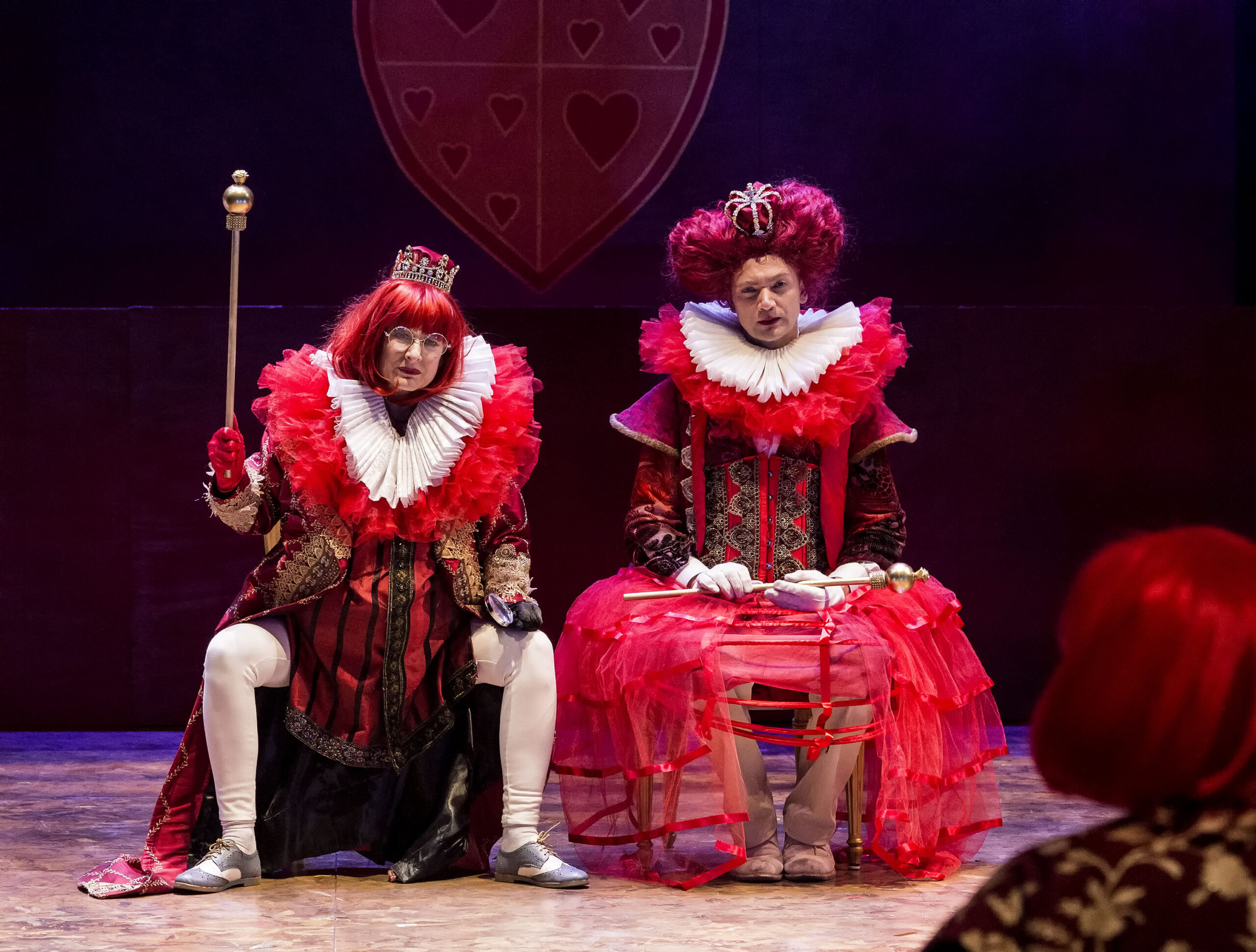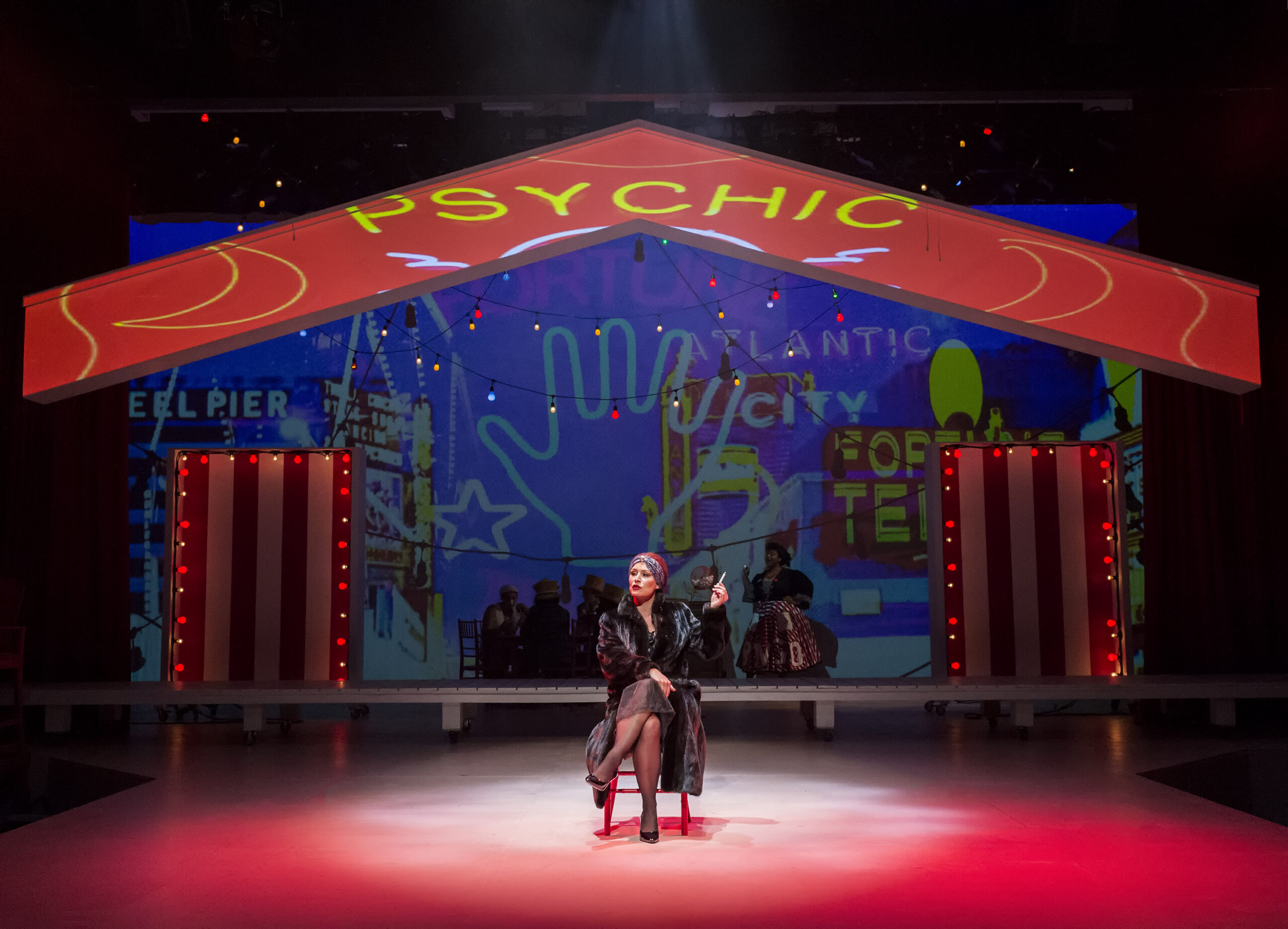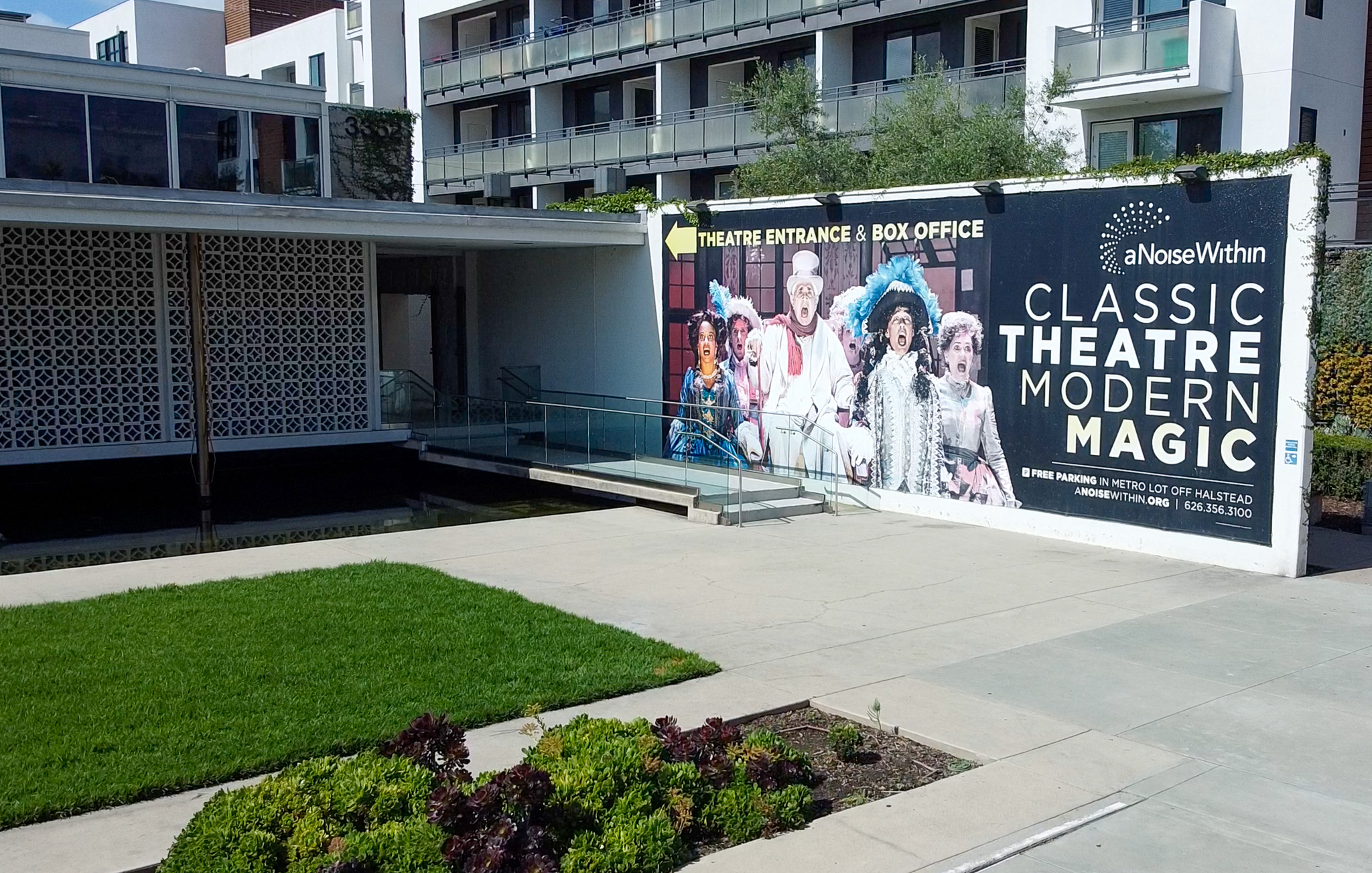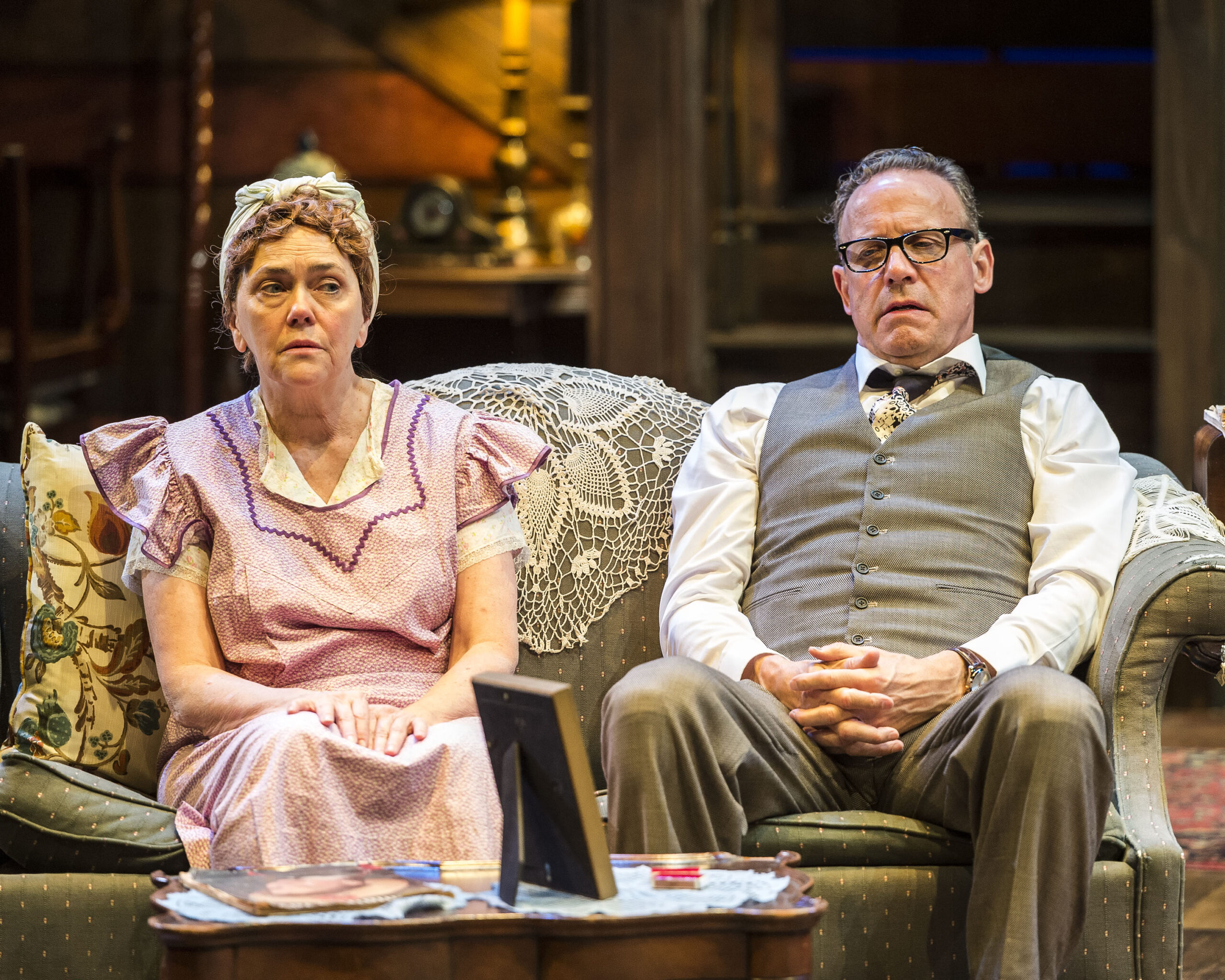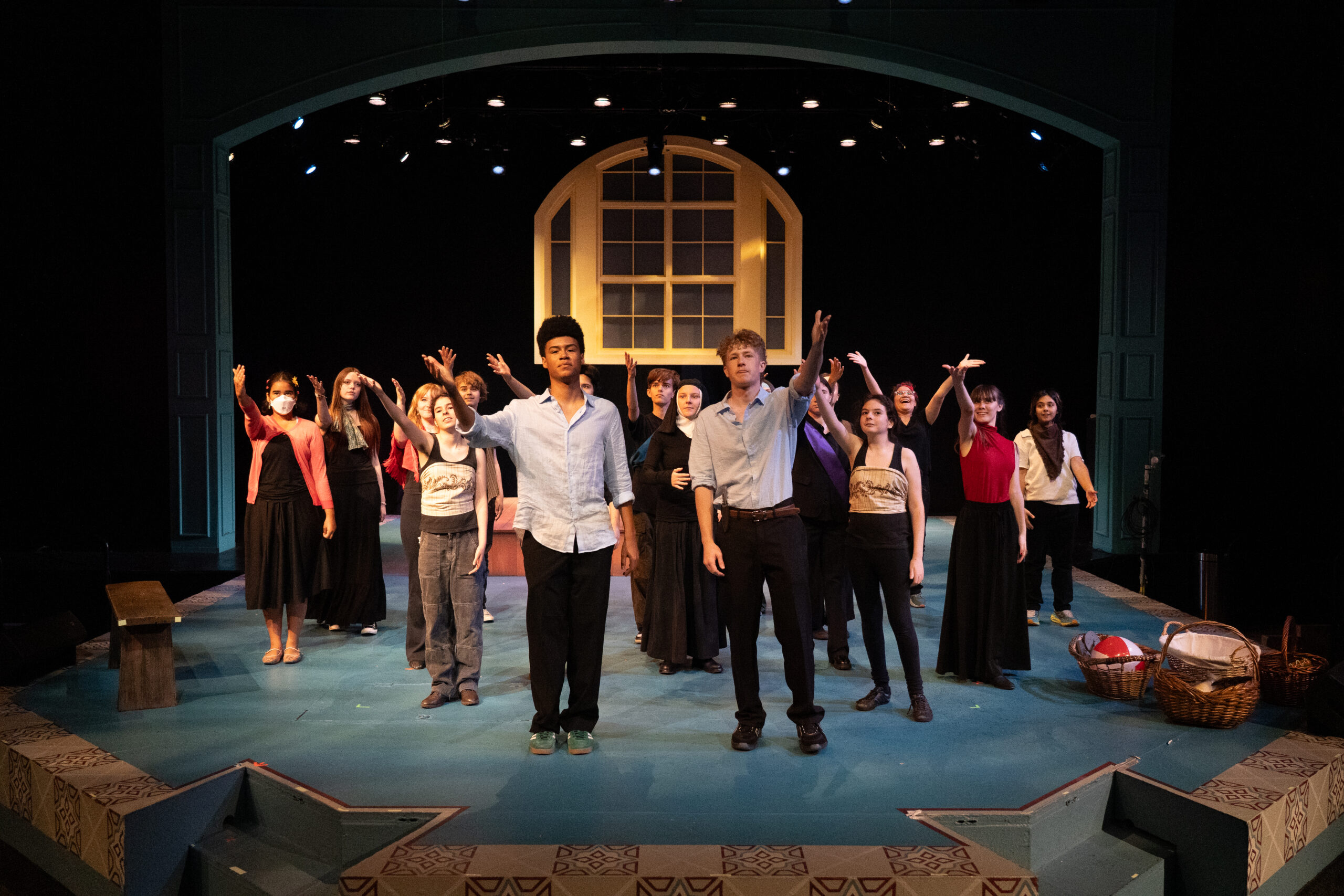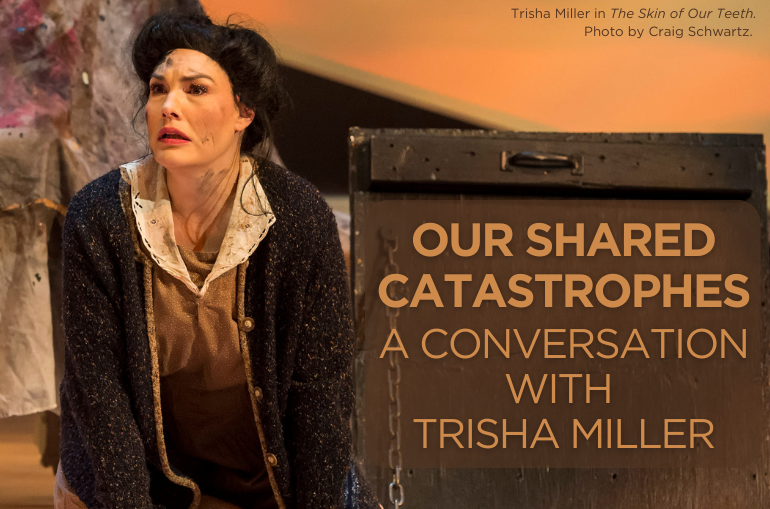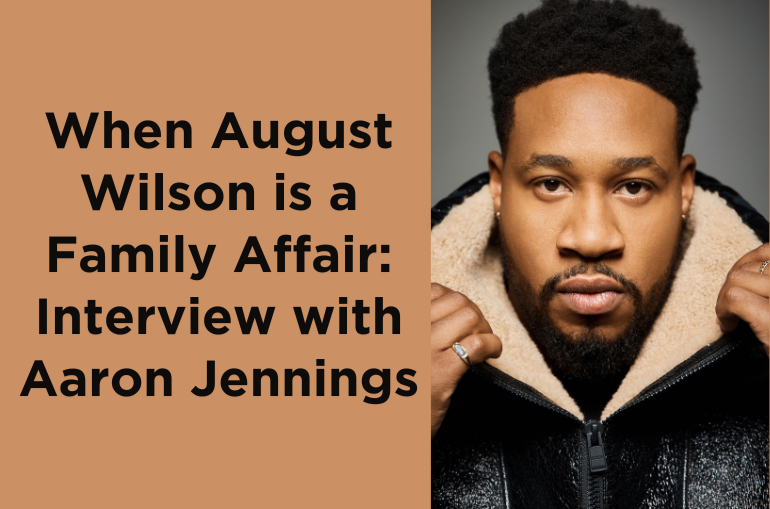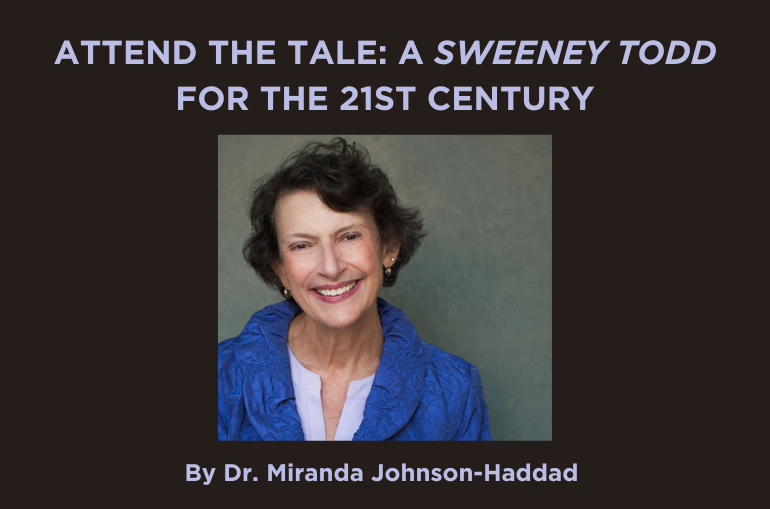Jessica Kubzansky’s Director’s Note for Othello

By A Noise Within
January 14, 2019
For me, Othello is a story about the terrible power of love when it is thwarted. For all its broader social and political messages, this play is also a small, deeply personal story about two men who have battled together, have had each other’s backs, and have been brothers through the wars together. It is not until one feels passed over by the other for some well-deserved recognition that a bitter sense of betrayal leads him down a path that turns devotion to destruction. Othello talks about having loved “not wisely but too well,” and while it may on the surface appear as though he is talking about his wife, Desdemona, he could just as easily be talking about the man he loved and trusted who, in the end, has profoundly betrayed him.
Although Iago has been famously described as representing a “motiveless malignity,” in Shakespeare’s text there are actually plenty of articulated reasons why Iago might choose to hate Othello. Moreover, so many characters in the play refer to Iago as “honest Iago” that, rather than conclude that all these people are stupid and gullible, we would do better to assume that, until very recently, this was an accurate sobriquet. Part of the tragedy of the play is that Iago’s campaign of concentrated hatred eventually destroys everything that is good and true in his world, including not only Othello’s love for Desdemona, but also Iago’s and Othello’s love and respect for each other. Without that mutual devotion, evil grows rapidly within the world of the play. We see it manifested in Iago’s doubts about his own wife, Emilia, and in the ways that innocent displays of affection are twisted to prey on people’s internal fears, addictions, and weaknesses so that almost everyone is destroyed in the process. Othello offers a powerful commentary on the consequences of choosing a path of destruction: we can influence a course for good or evil by the power of our own actions.
I chose to set the play today because it has never felt more immediate. As a Washington, D.C. cultural critic observed recently, “we are living now in a post-truth country, a twilight zone where alternate facts pass for public policy, fabrication usurps news, and vanity supplants values.” To re-examine a play about both Othello, who loves so passionately yet so imprudently, and Shakespeare’s greatest obfuscator, Iago, in a post-truth world feels imperative. What happens in Othello is happening today, when a tweet can change an individual’s status, and someone’s good name can be instantly, erroneously, and permanently besmirched. Cassio’s cry, “Reputation, reputation, reputation! O, I have lost my reputation!” has never rung more true than it does today.
We can also see the events of Othello reflected in this moment when those in power make appointments from their own cohorts, and the people who are passed over have personal axes to grind. And once these individual agendas are coupled with fears about difference and power (along with the eternal human forces of pride, jealousy, sex, marriage, loyalty and betrayal), then the stage is set for current human tragedy. Not coincidentally, hate crimes are on the rise globally, and the perpetrators seem to feel newly emboldened. It’s a challenging time to be navigating this world, and Othello feels like an essential part of the conversation we need to be having today. It feels breathtakingly, screamingly relevant, and I couldn’t be more terrified, awed, and grateful to have an opportunity, alongside this amazing group of artists, to crack it open and hold, as it were, the mirror up to nature to look at ourselves right now.
Thank you.
—Jessica Kubzansky, Director
